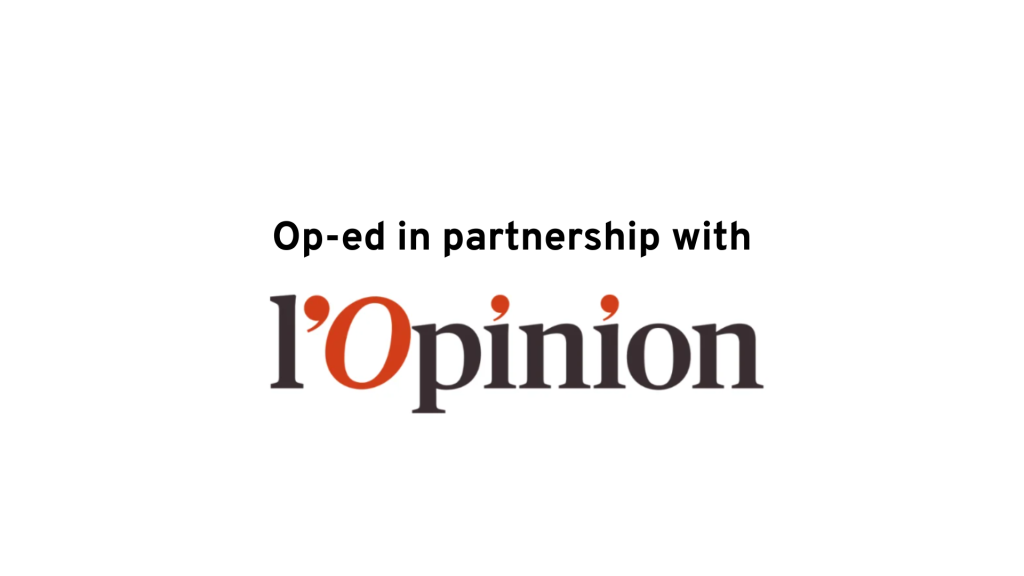French influence in the European Parliament: the other issue at stake in the European elections

With two months to go before the European elections, France’s influence in the European Parliament deserves greater attention.
The election of MEPs follows a proportional system, which makes political groups and their constant cooperation an essential variable in the functioning of the European Parliament. The provision of technical resources (staff, secretarial services, budget, etc.) and the allocation of speaking time depend on the size of the group. The same applies to access to key positions of responsibility (vice-presidencies and quaestors of the European Parliament, presidencies and vice-presidencies of parliamentary committees and delegations, etc.), as well as to key roles such as rapporteur and coordinator in committees, particularly in so-called “legislative” committees, especially those with an economic focus.
As a result, France’s influence within the European Parliament can be measured in particular by the ability of its MEPs to join the largest groups participating in majority coalitions.
In the context of the 2019-2024 legislative term, characterised by the need for the main political forces – centre-right, centre-left and liberals – to cooperate in order to take legislative and budgetary decisions, France’s institutional influence is mixed: the presence of French MEPs is very low, given France’s weight, within the two main political groups – the EPP, where LR MEPs sit, and S&D, where socialist MEPs sit; However, this weakness is offset by the fact that the French delegation was the largest national delegation within Renew Europe (Renaissance), the third largest political force and ‘kingmaker’ in the current legislature.
Current projections for the next European Parliament suggest that the centre-right, centre-left and liberals would be able to continue to govern this institution, but that this large majority coalition would be weakened, particularly due to the relegation of the Renew liberals to 4th or even 5th place. The far-right Identity and Democracy (ID, which includes elected representatives from the National Rally) could become the third political group, which would have consequences for the allocation of positions of responsibility, in a context where the cordon sanitaire currently in place could probably no longer be maintained. The presence of French elected representatives within the EPP (where the German and Polish delegations would be dominant) and the S&D group would remain weak (even with a larger number of elected representatives for the Socialists) and would decline significantly in the case of Renew, while the RN elected representatives would constitute one of the main national delegations of ID, a political group that is certainly stronger but would rarely be found in winning majority coalitions.
Beyond political parties, voters have a key role to play in curbing the risk of France’s influence declining in the next European Parliament. In France, European elections have so far been marked by a relatively low turnout of around 50%. This low turnout has a negative impact on French influence in Strasbourg and Brussels, as it automatically favours protest parties, whose electorate tends to be more mobilised. Abstainers who would have chosen to vote for representatives called upon to sit in the political groups that carry weight in the European Parliament within the majority coalitions must therefore be aware that their failure to vote would contribute in part to weakening France’s ability to exert influence within the Strasbourg Assembly. Furthermore, voters must be aware that essential decisions are taken there: the risks of a fragmentation of votes and the often counterproductive nature of protest voting, which are traditionally found in European elections, could therefore have damaging consequences for France’s influence in the next European Parliament.




